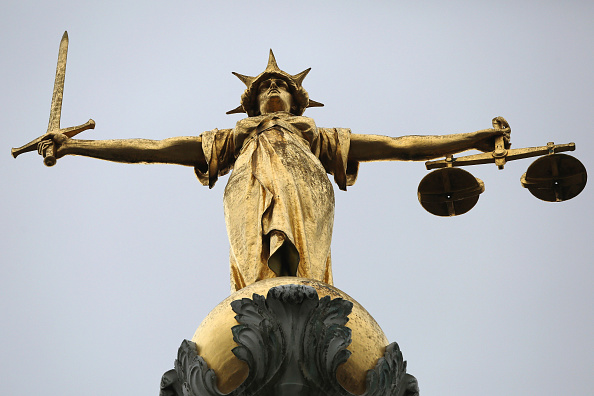It was Henry Fairlie in his famous article in The Spectator in 1955 that made the critical point about the way ‘Establishment’ power (political, legal, media, foreign office, civil service and so on) is exercised in Britain: namely such a ‘matrix’ of influence was exercised ‘socially’, behind closed doors; or maybe ‘closed chambers’ would be more apt as the Supreme Court faces the biggest legal showdown in its short history on Monday 5 December.
Charles Moore has come close to saying something similar to Fairlie, while reflecting in the Telegraph on the liberal credentials of certain members of the eleven Supreme Court judges who will be deciding whether to overturn the High Court ruling (brought by Gina Miller) that an Act of Parliament – as opposed to use of the ‘Royal Prerogative’ – is required to trigger Article 50. He worried whether senior members of the judiciary were part of a cosy club who shared seemingly progressive views (especially in human rights law) as opposed to having ‘independence from one another’. Moore

Get Britain's best politics newsletters
Register to get The Spectator's insight and opinion straight to your inbox. You can then read two free articles each week.
Already a subscriber? Log in






Comments
Join the debate for just £1 a month
Be part of the conversation with other Spectator readers by getting your first three months for £3.
UNLOCK ACCESS Just £1 a monthAlready a subscriber? Log in